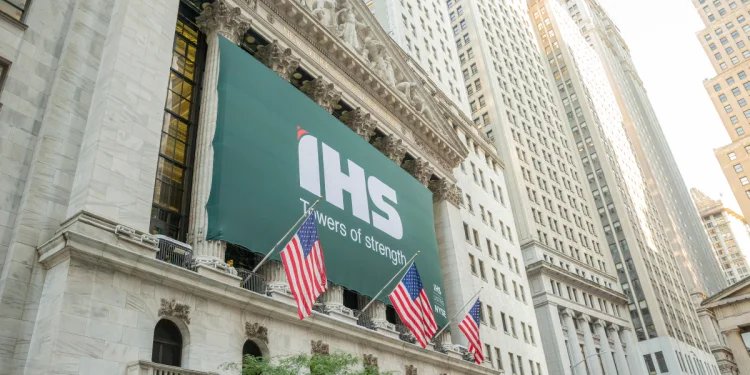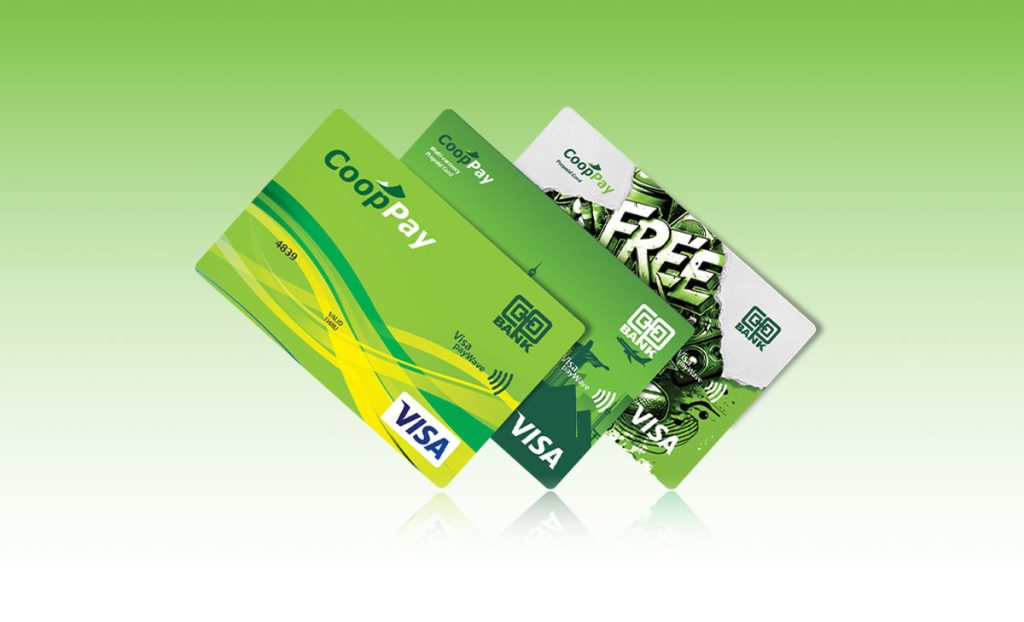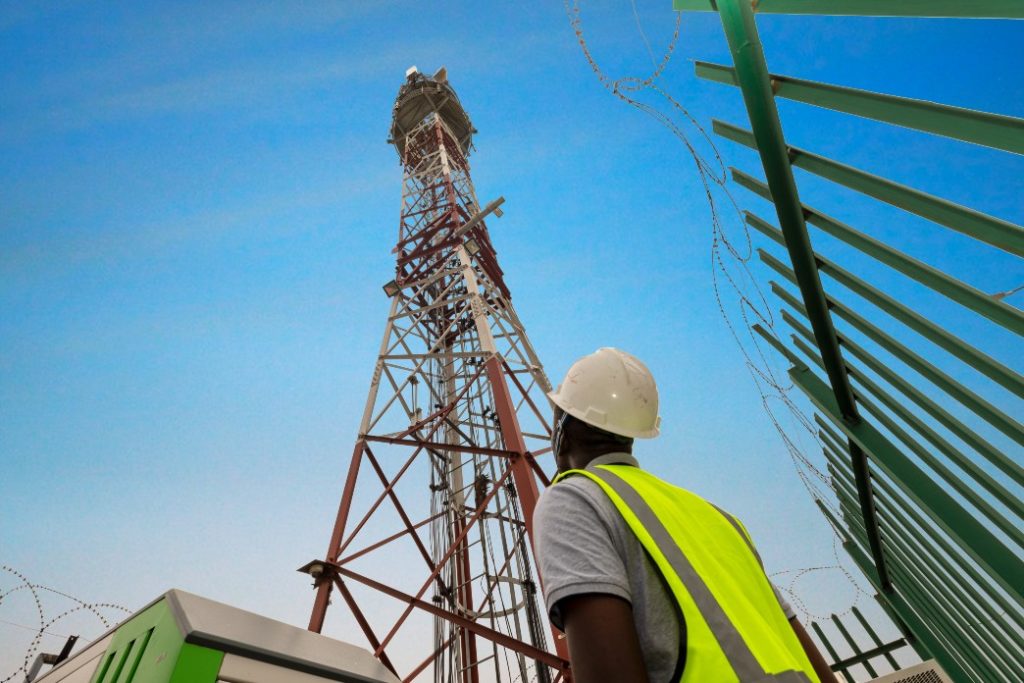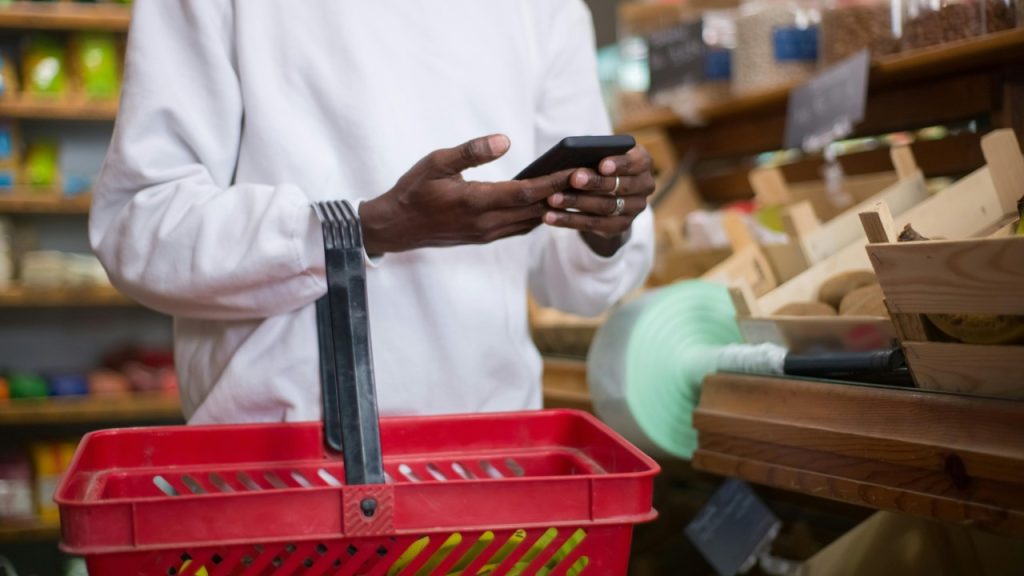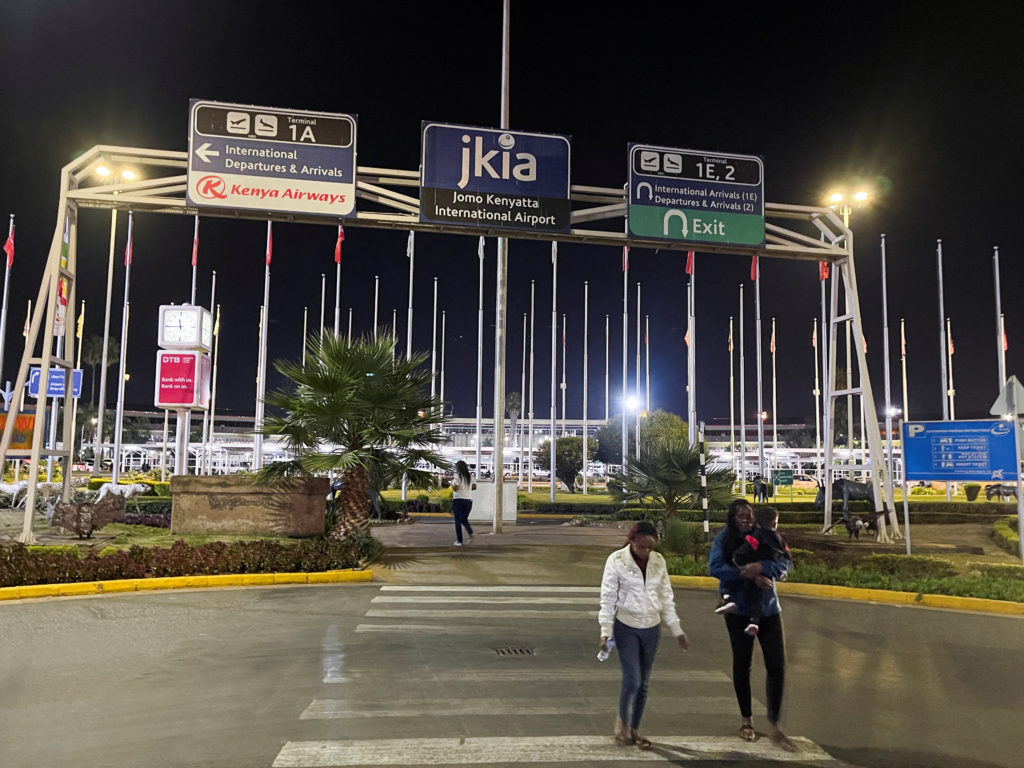Back in the 70s and 80s, global music labels like PolyGram (now part of Universal Music Group) and CBS Records (now owned by Sony Music Entertainment) were active in Nairobi. These music powerhouses built studios and record pressing plants that allowed Kenya’s music scene to flourish.
The Slump
Unfortunately, thanks to the advent of audio cassettes (which made piracy easier), government policies aimed at ‘localising’ the music space and a general economic downturn, Nairobi’s music scene took a hit.
By the late 90s, Kenya’s first private radio station launched and private-funded studios began to pop-up. Producers started to get better instruments and music software from the West started to find their way into Kenya.
But piracy was still a problem and for artistes and producers (especially with CDs becoming the new standard), the best bet was to find a way to work with the pirates and maximise returns as much as they could (similar to Nigeria’s Alaba story).
One label that did this very well was Audio Vault (now Blue Zebra), run by popular producer Tedd Josiah, Myke Rabar of the DJ group Homeboyz and David Muriithi, an accountant with DJ and band management chops, at the time. They made sales by working with the pirates of Nairobi’s famous River Road but also diversified income by landing gigs and endorsement deals with multinationals and deep-pocket companies in Nairobi at the time.
Comeback Time
Soon enough though, local entrepreneurs began to explore whether Kenyans would pay to stream music online and in 2003, Fakii Liwali (a talent manager) and Bernard Kioko (a software developer) launched Kenya’s first Internet music platform – MyMusic (which is no longer active).
By 2012, Safaricom, Kenya’s largest telco, had launched Skiza, a ring back tune service that went on to garner over 4 million subscribers. Then came MTech East Africa, a subsidiary of MTech Nigeria run by Ikechukwu Anoke. MTech brought the talent management aspect of the music game and focused on connecting Kenyan artists with their Nigerian counterparts. That same year, Mdundo, a digital music distribution platform launched.
By 2013, Waabeh, a streaming and distribution platform launched, landing 10,000 downloads and over 330,000 streams in its first year. The test was working – Kenyans were willing to pay for online music.
Innovators Emerge
In 2015, Kenyan gospel rapper Juliani founded MySanii, a digital music label and artiste booking platform.The idea was this: If you need a guitarist to do a solo at your kids birthday party, for example, you can simply go on the platform, find and book a guitarist and have them play at the bash.
Another startup – Mdundo, in 2017, secured a deal with big time Western label Warner Music to distribute their catalogue across Kenya, Tanzania, Uganda and Nigeria. Safaricom also launched a music streaming service called Songa (think Apple Music, Spotify etc) back in February 2018. Evidently, Kenya’s digital music scene today is starting to gain momentum with these types of platforms.
Africa as a whole does not have a lot of localised digital music offerings. However, the ecosystem is still young so that’s not exactly a bad thing. With markets like Kenya, South Africa (Africa’s biggest digital music hub) and Nigeria making headway, the future looks interesting, at least.













